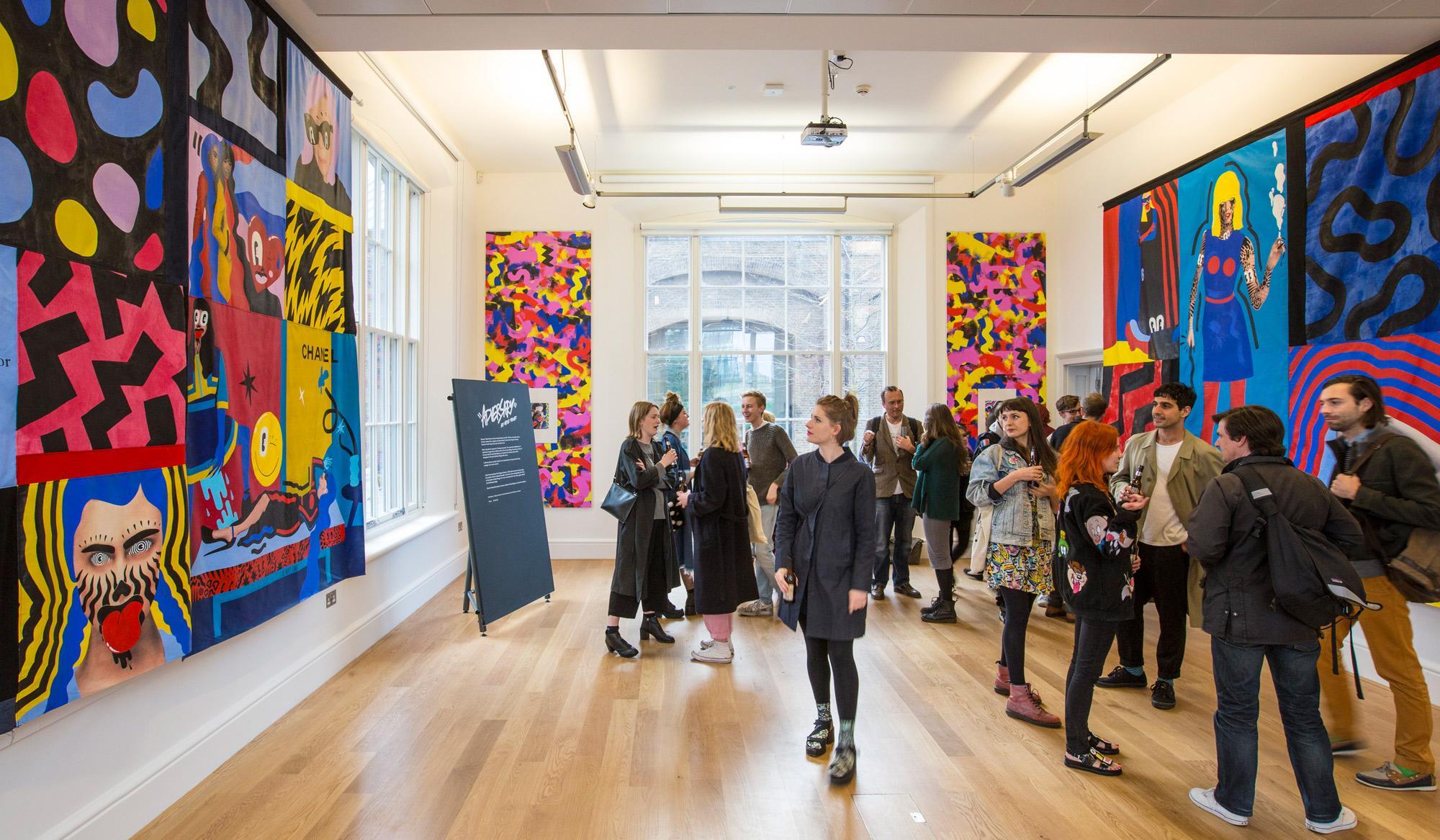It’s Blue Monday – but creativity and culture give us reasons to feel optimistic
Research shows that engagement with the arts can improve mental health, and provide opportunities to boost social connections and prevent isolation, writes Darren Henley


Today is Blue Monday, the third Monday in January, believed by many to be the saddest day of the year. Christmas is now a distant memory. The nights are long and dark. The temperature outside is decidedly chilly. The daffodils and snowdrops have yet to herald springtime. And this year, more of us than usual might be feeling blue with the added impact of pandemic-induced isolation and worries over what the next year might hold.
That’s why we have chosen today to share new Arts Council England-funded research from University College London. It offers us a reason to feel optimistic despite all the gloom, highlighting how the work of this country’s brilliant creative artists and cultural organisations are bringing warmth and light to cold days and dark nights.
The research shows how access to cultural activities is helping us to cope during the pandemic. Key workers, people with long-term conditions, mental health conditions and older adults all say that art gives them a much-needed distraction and a chance to connect with themselves emotionally, to engage creatively and to join with others.
The data shows how engagement with the arts can improve mental health, wellbeing and aspects of physical health, and can provide opportunities to boost social connections and prevent isolation. Sixty eight per cent of people report that the arts have affected them positively during the pandemic, with one in five people getting more involved in the arts since the effects of Covid-19 began to be felt in 2020.
These new figures add to a growing body of evidence that highlights how being creative and connecting with the arts can benefit us in ways that go beyond enjoyment and pleasure. Our research shows that taking part in artistic activities in our own homes can help us to manage mental health symptoms and to improve our life satisfaction during periods of lockdown.
Although our museums, libraries, theatres, performing venues and galleries are now back open, over the past two years the people and organisations who make up our cultural sector have had to use their imaginations and creativity to find new ways of adapting what they normally do to reach out to audiences.
London’s Garden Museum developed a programme of online sessions for people affected by dementia and their companions during the spring and summer of 2020, while BlackFest in Liverpool went virtual, giving freelancers struggling in lockdown much needed mental health support.
To keep up to speed with all the latest opinions and comment, sign up to our free weekly Voices Dispatches newsletter by clicking here
The Wonder Woman project, which received a grant from Arts Council England’s Thriving Communities Fund, empowered women in Peterborough, supporting them to overcome the effects of Covid-19, and to meet others, grow self-esteem and improve financial literacy. One participant said: “This has saved my life and given me a reason to get involved in my local community, I don’t feel lonely or isolated anymore”.
The evidence is clear – having the arts and creativity in our lives helps us to feel better about ourselves, about the places where we live and the possibilities in the world around us. Being creative ourselves and connecting with the work of creative professionals helps us to lead happier, healthier lives. This is reason indeed to be cheerful, even on the gloomiest of days.
Darren Henley is chief executive of Arts Council England



Join our commenting forum
Join thought-provoking conversations, follow other Independent readers and see their replies
Comments